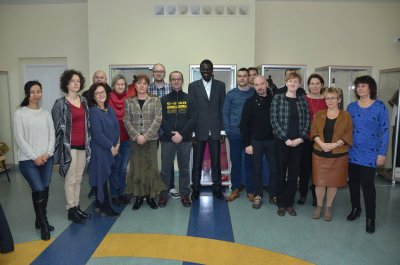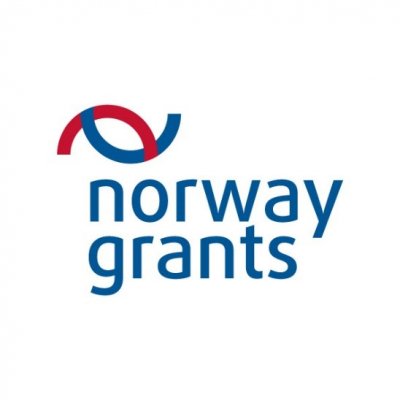The participants were familiarised with current political, social and economic situations of the countries in the region, especially taking into consideration those countries to which the return of foreigners has been suspended or those in which the situation is unstable (e.g. Eritrea, Burundi, Somalia or South Sudan). The topics covered in the frames of the training dealt also with such issues as religions and cultural aspects of interpersonal communication with Africans, as well as international migration trends from the region to Europe and Poland and socio-demographic characterisation of African societies in Poland.
Yet another “meeting with Africa” in the Centre in Luban was inspiring and very interesting experience for the participants, also thanks to the presence of an expert – PhD Bara NDiaye from History and International Relations Institute of Warmińsko-Mazowiecki University. The lecturers of the meeting were BG Captain Anna Wawrzynowicz and BG Captain Justyna Pietrzkiewicz from the Foreigners’ Affairs Department.
The meeting was co-financed in the frames of Norwegian Financial Mechanism (Project No. 26/NMF PL 15/14 ‘Enhancing competence and qualifications of public administration within the scope of migration and asylum with special attention paid to preventing irregular migration’).

